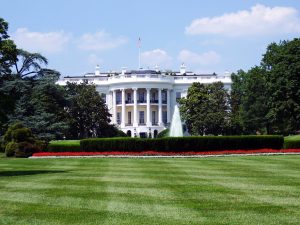Hemp Hauling Remains a Legal Risk
In 2018, the federal government took several steps to legalize the manufacture and distribution of industrial hemp, the part of the cannabis plant that only contains trace amounts of THC (the psychoactive component) and which has a number of industry uses from food to clothing to building materials. Unfortunately, thanks to bureaucracy in the rulemaking process, there remains a fair amount of confusion that leaves drivers and carriers that ship hemp from state-to-state vulnerable to legal trouble.
As noted by the Commercial Carrier Journal, drivers face potential criminal action if they navigate through a state that doesn’t have clear hemp rules in place that align with the Farm Bill of 2018. If a state law does not allow hemp, our Los Angeles hemp lawyers would advise farmers and carriers to map their routes accordingly.
There are published cases of at least half a dozen drivers over the last 18 months being arrested and charged with felony counts of marijuana trafficking and distribution. There are also many cases of drivers hauling hemp that is mistaken for marijuana. Continue reading
 Cannabis Law Group's Medical Marijuana Legal Blog
Cannabis Law Group's Medical Marijuana Legal Blog







 Background
Background Court Filing Woes
Court Filing Woes

